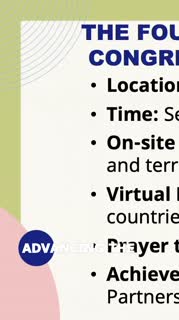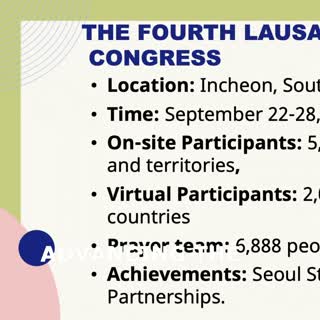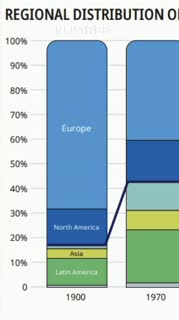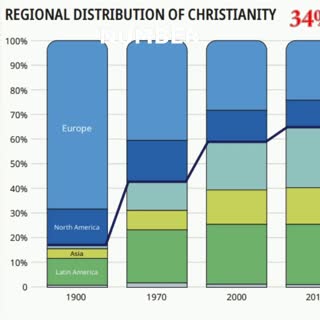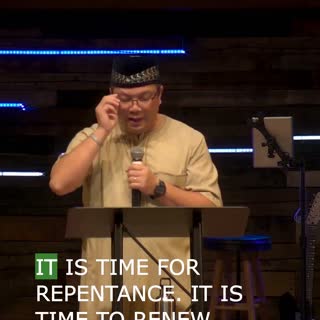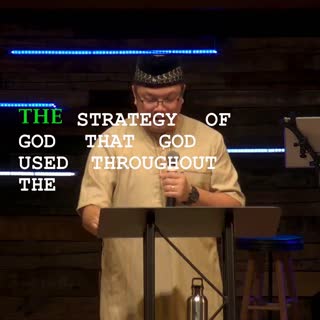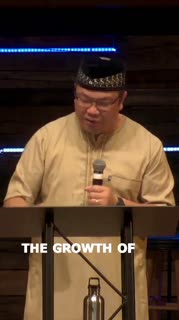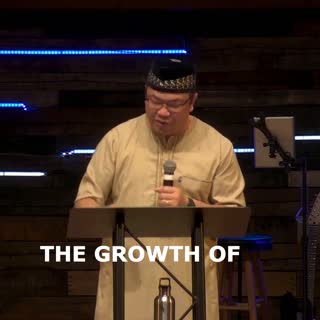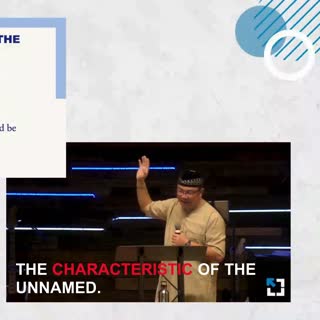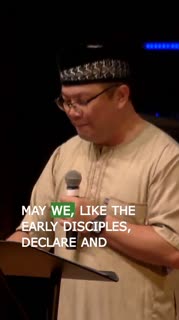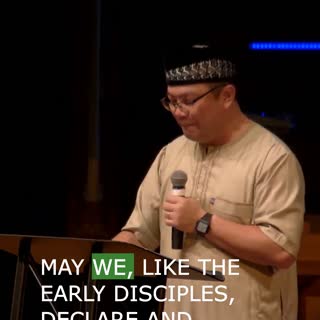Unity, Discipleship, and Revival in the Global Church
Devotional
Sermon Summary
Bible Study Guide
Sermon Clips
Advancing the kingdom of God. Because when you unite the brothers and sisters from around the world. For great cause of great commission. Something going to happen. Something going to rock the body of Christ worldwide. For the common goal for Jesus Christ. [00:52:37] (16 seconds)
He highlighted the lack of collaboration among Christians. Due to ego, self-centeredness and failure to work together. Hinders the gospel movement around the world. He urged us. To embrace humility. Partnership. And the spirit of friendship. Learning from each other. To advance God's work effectively. [00:57:23] (23 seconds)
The number of Christians. In America. In Europe. Are shrinking. The number of believers. In Africa. In Asia. In Latin America. Is increasing. The place. That North American. Westerners. Country used to send missionary. To go to mission field. What you see now is the mission field. Become mission force. [00:58:15] (27 seconds)
It is time for repentance. It is time to renew commitment. To revival in our churches. We must seek the Holy Spirit guidance. And be filled with passion. To carry out great commission. Where God lead us. [01:04:11] (15 seconds)
The strategy of God that God used throughout the church history for growth is not through prosperity. It's not through you find happy in your church. It's through suffering and persecutions. For persecutions never kills. The church, but a compromised gospel will. [01:07:12] (26 seconds)
The growth of the early church movement was not initiated by master plans. By charismatic. leaders or fantastic strategies, but by unnamed, committed, radical, fearless disciples of Jesus Christ. [01:09:36] (16 seconds)
The characteristic of the unnamed. Disciples, the first one. They were fearless in proclaiming the gospel. In Acts 11, 19, we read, the disciples spread the gospel wherever they went. They told, they gossiped, they talked the gospel, the good news of Jesus Christ. [01:10:21] (19 seconds)
We must be prepared for opposition. Sometime violent oppositions. Yet we are assured that the gates of hell will not prevail against the church. For it is built upon the rock of Jesus Christ. Yes, God is sovereign. God often allows persecution for the church to grow. [01:17:16] (22 seconds)
May we, like the early disciples, declare and display Christ fearlessly. This is my closing. Pray for revival. Pray for revival, brothers and sisters. Repent. Wake up. Rise up. The Lord wants you to be part of what he is doing. Are you ready? Are you ready? [01:18:28] (32 seconds)
Ask a question about this sermon
He highlighted the lack of collaboration among Christians. Due to ego, self-centeredness and failure to work together. Hinders the gospel movement around the world. He urged us. To embrace humility. Partnership. And the spirit of friendship. Learning from each other. To advance God's work effectively. [00:57:23] (23 seconds)
The number of Christians. In America. In Europe. Are shrinking. The number of believers. In Africa. In Asia. In Latin America. Is increasing. The place. That North American. Westerners. Country used to send missionary. To go to mission field. What you see now is the mission field. Become mission force. [00:58:15] (27 seconds)
It is time for repentance. It is time to renew commitment. To revival in our churches. We must seek the Holy Spirit guidance. And be filled with passion. To carry out great commission. Where God lead us. [01:04:11] (15 seconds)
The strategy of God that God used throughout the church history for growth is not through prosperity. It's not through you find happy in your church. It's through suffering and persecutions. For persecutions never kills. The church, but a compromised gospel will. [01:07:12] (26 seconds)
The growth of the early church movement was not initiated by master plans. By charismatic. leaders or fantastic strategies, but by unnamed, committed, radical, fearless disciples of Jesus Christ. [01:09:36] (16 seconds)
The characteristic of the unnamed. Disciples, the first one. They were fearless in proclaiming the gospel. In Acts 11, 19, we read, the disciples spread the gospel wherever they went. They told, they gossiped, they talked the gospel, the good news of Jesus Christ. [01:10:21] (19 seconds)
We must be prepared for opposition. Sometime violent oppositions. Yet we are assured that the gates of hell will not prevail against the church. For it is built upon the rock of Jesus Christ. Yes, God is sovereign. God often allows persecution for the church to grow. [01:17:16] (22 seconds)
May we, like the early disciples, declare and display Christ fearlessly. This is my closing. Pray for revival. Pray for revival, brothers and sisters. Repent. Wake up. Rise up. The Lord wants you to be part of what he is doing. Are you ready? Are you ready? [01:18:28] (32 seconds)
